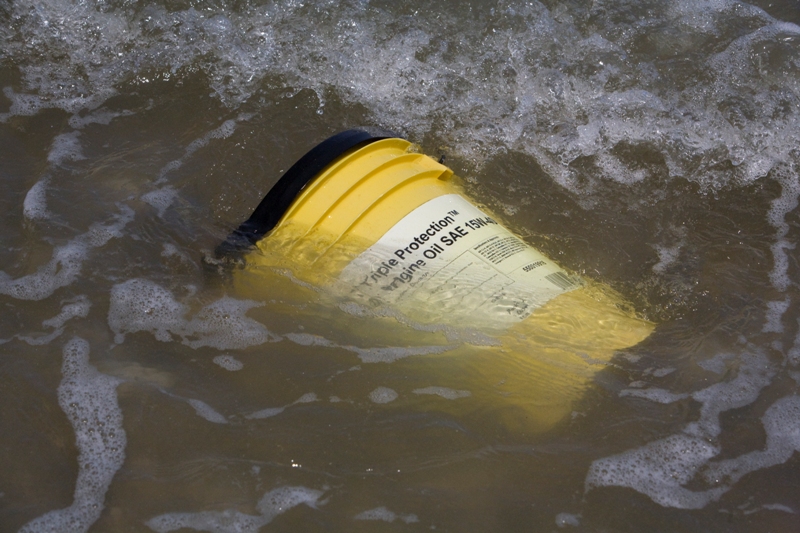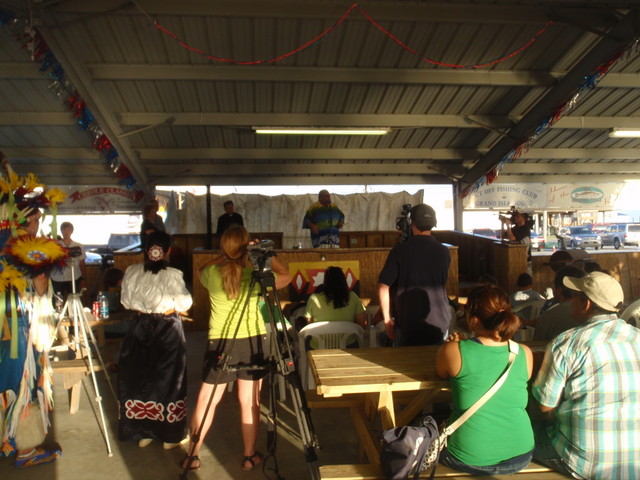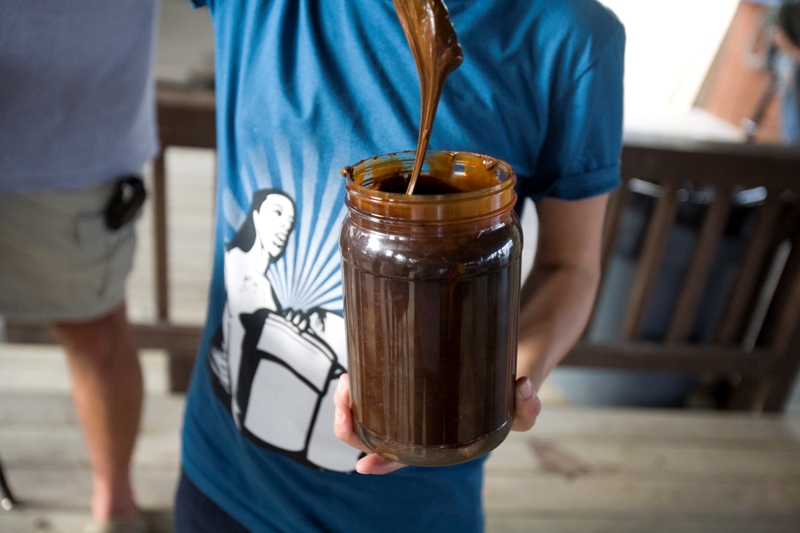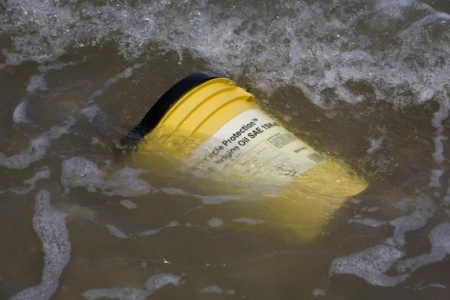Stories from the Gulf: The Town Meeting
This summer, Patagonia teamed up with non-profit environmental and social justice group, Louisiana Bucket Brigade (LABB), to assist with a project massive in scale and ambition: to track the full impact of the greatest ecological disaster in American history, the Deepwater Horizon oil spill of Spring 2010. The impacts of this disaster extend well beyond unspeakable environmental degradation to the collapse of sustainable industries like fishing and tourism, and the human communities those industries support. Today we offer the fourth in a week-long series of stories from Patagonia employees who travelled to the Gulf to assist the LABB in their ongoing community surveys and Crisis Map project.
 Throughout the week, it was at times easy to become discouraged with feelings of insignificance in the face of such a large problem with an incredibly widespread and negative impact of the spill. The names are already escaping me, but the faces, voices, stories, tears and laughter of those Louisianans battling against overwhelming odds of economic and environmental violence are etched into my long-term memory. We witnessed a range of emotions while interacting with the people of southeastern Louisiana; I, too, am left with many of those same emotions. Anger, fear, and hope are probably the three biggest.
Throughout the week, it was at times easy to become discouraged with feelings of insignificance in the face of such a large problem with an incredibly widespread and negative impact of the spill. The names are already escaping me, but the faces, voices, stories, tears and laughter of those Louisianans battling against overwhelming odds of economic and environmental violence are etched into my long-term memory. We witnessed a range of emotions while interacting with the people of southeastern Louisiana; I, too, am left with many of those same emotions. Anger, fear, and hope are probably the three biggest.
On the evening of Thursday, August 5th near the end of our week helping document the physical, social, and economic impact of the oil disaster on the lives of residents, a town meeting was scheduled in Buras, ostensibly to address some of those same issues and concerns.
[Trash and chemicals are an unfortunately common sight in Gulf waters of late. Photo: Christina Speed.]
During the previous four days, we’d seen glimpses of empowerment from the residents we spoke with. But more often we’d witnessed people who seemed afraid to interact with us. Perhaps they were wise. There was no proof but plenty of rumor that BP considered the Patagonia/Lousiana Bucket Brigade volunteers to be agitators, and that to be seen even talking to us might mean dismissal from a BP oil cleanup crew. The money earned cleaning up oil pales in comparison to money earned fishing. But, of course thanks to BP’s recklessness, cleanup was now the only game left in town.

The Buras meeting was headed by Ray Mabus, Secretary of the Navy, and also present were representatives of NOAA, EPA, and BP among others. The real heroes of the meeting, though, were the people of Louisiana. This night turned out to be quite the exclamation point at the end of our week in Plaquemines Parish. The crowd, around 250 members strong, was not about to be intimidated or bullied by Secretary Mabus, BP, or the large contingent of sheriff’s deputies from Plaquemines and nearby St. Charles Parish. One by one they stepped to the microphone and demanded answers; they demanded high-level job resignations; and they demanded they be given more than just the financial crumbs which BP had so far been offering these people whose lives they’d destroyed.
Acy Cooper, a shrimper, shook a plastic bottle full of oil-tainted water at Mr. Mabus and angrily asked the Secretary if he’d allow his own son to eat Gulf seafood. Kindra Arnesen, wife of a Venice, LA fisherman, had evacuated her two young children 200 miles away after she took it upon herself to collect rainwater samples which tested positive for dangerous levels of toxins. Kindra wanted answers as to why NOAA and EPA were not doing these tests, or if they were, why the results were not being shared with the public.
 We left the auditorium in Buras that night with no satisfactory answers and only the same vague promises that the people would be made whole by BP. But what we were pleased to walk away with was firsthand knowledge that the people would not be silenced.
We left the auditorium in Buras that night with no satisfactory answers and only the same vague promises that the people would be made whole by BP. But what we were pleased to walk away with was firsthand knowledge that the people would not be silenced.
BP has flooded the Gulf of Mexico with about 2 million gallons of Corexit, a compound of toxic chemicals (the so-called “dispersant”). The Corexit has pulled the oil below the surface, into the water column and onto the ocean floor, no doubt further compromising the complex ocean ecosystems (Now you see it, now you don’t). But unfortunately for BP, they don’t have a Corexit-like means of silencing the people of Louisiana – and all of us who care enough to stand with them.
With the hard work and information and training from LABB and other grassroots environmental organizations, combined with energized communities, perhaps hope will win out over fear and anger this time.
Kevin Alldredge
Patagonia Shipper/Receiver
St. Paul, MN
[Left – Gathering for a community meeting. Photo: Lisa Hall. Right – That’s not hot fudge. A jar full of oil collected by a fisherman along the shore of one of Louisiana’s barrier islands. Photo: Christina Speed.]
